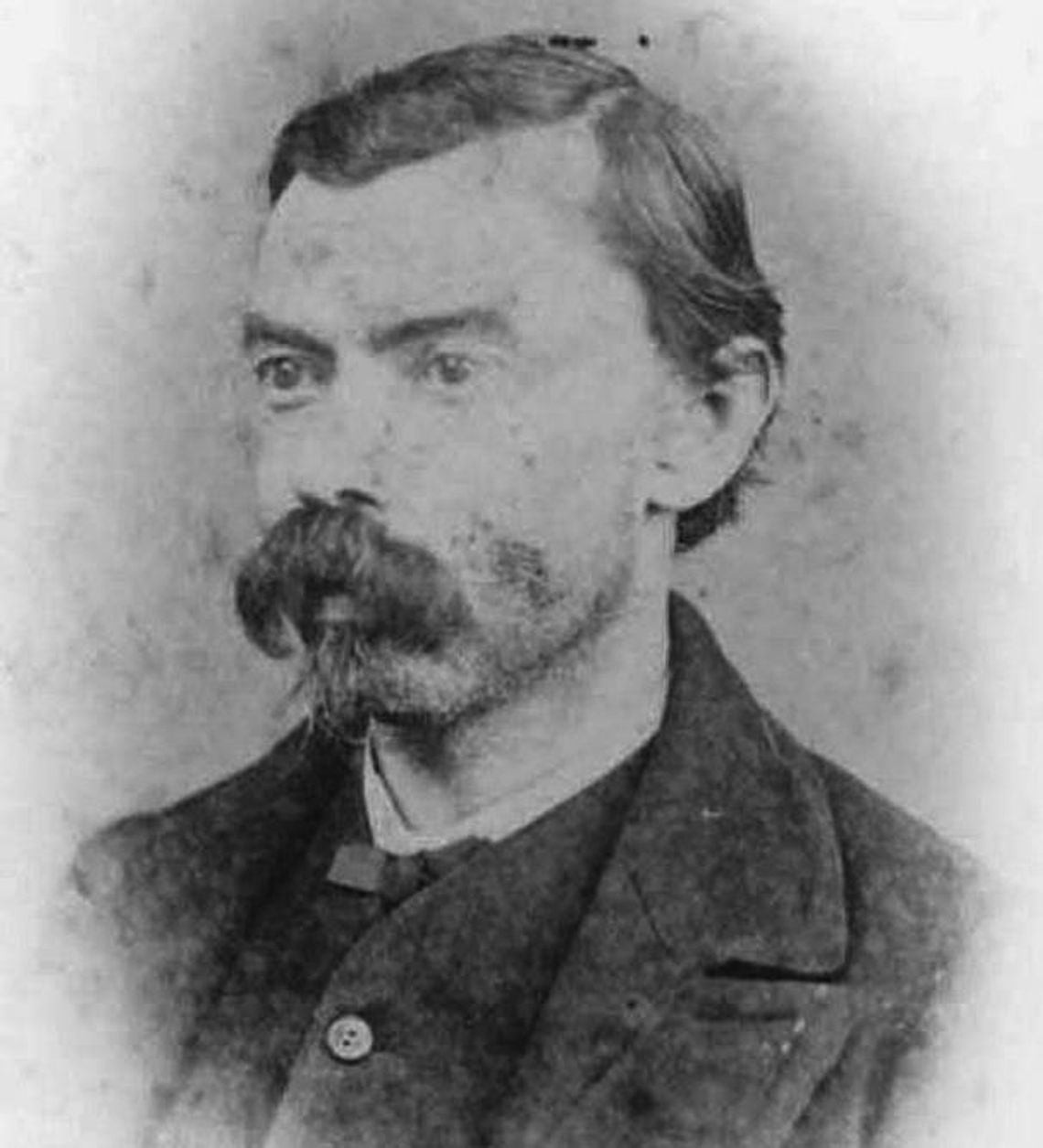Christian Gotthelf Wertzner was born and raised near Wolkenstein, Saxony. In 1830, at the age of thirty, he immigrated to Texas and settled in Stephen F. Austin's colony where he worked as a merchant and tailor. He was one of the first German citizens to make the move to Texas and one of the first German immi grants to settle in present day Fayette County.
By late February 1836, the Alamo was under siege by Mexican forces when Colonel William Barrett Travis sent out his “Victory or Death” letter encouraging fellow Texans to come to his aid. Wertz ner answered the call and joined Captain Thomas Rabb’s company of "Citizen Soldiers". The company reached Gonzales on March 6,
1836, about the same time Travis and his men were losing their battle in the Alamo. Wertzner joined the Texas Army and at the battle of San Jacinto on April 21, 1836, Private Christian Wertzner of Company “F”, served under the command of Colonel Edward Burleson in the First Regiment, Texas Volunteers.
After Texas won her independence from Mexico, Ranging Companies were formed to fight Indians, chase outlaws and generally keep the newly acquired peace. Wertzner served in the Ranging Company commanded by Captain John Hooks. He joined the company as a replacement for his neighbor and acquaintance, Joseph Biegel. After serving the usual term of six months during the latter part of 1836, she was discharged honorably and paid in full for his term of service.
Wertzner received a land grant of 640 acres for his service at San Jacinto and chose a section of land in western Fayette County. He never lived there but instead joined fellow immigrants Joseph Biegel and Bernard Scherrer in further establishing the Biegel settlement, recognized as the second German settlement in Texas. Today this settlement lies beneath the waters of the Fayette Power Project Lake.
The Census of 1840 shows that Wertzner was prospering since he owned two extensive land grants, a town lot, a saddle horse and a two-wheeled carriage. He married Caroline Gosiken on September 26, 1840. They had no children and apparently a volatile relationship.
In 1845 Caroline sought to divorce Wertzner based on accusations that he “beat her with tailor’s shears” and that he had abandoned her in Houston. The divorce was granted while she was living with a family in Harris County and working as a seamstress.
In 1848, Wertzner's sister, Chris tine, arrived from Germany with her daughter and son-in-law, Agnes and Charles Wolle. Christian lived and farmed with the family on their homestead along Wertzner Creek in the Biegel settlement.
The circumstances surrounding the death of Wertzner are intriguing. He died in June 1852 after writing his will in which he proclaimed himself "infirm in body." However, other accounts report that he died while working with a surveying party at Shaw's Bend on the Colorado River near Columbus. Suppos- edly his companions buried Wertz ner in an unmarked grave near the present day Gay Hill cemetery because they did not know any of his relatives. His sister and her family lived less than a mile away on the family homestead.
Wertzner's will is equally in triguing. He left forty dollars to The American Tract Society located in New York City. This religious group still exists today. In the same vein, he left money for the organiza tion and building of a church in Rutersville. He also left money to his family and his school in Wolkenstein, Germany but nothing to his Texas family.
The bulk of his estate was given to his nephew, Charles Wertzner, with a few conditions. Namely, Charles would receive the money if and when he named a male child after his uncle. Charles immigrated to Texas in 1855 to claim the inheritance. He settled in Bastrop County and became a successful businessman.
The Wertzner Building still stands in downtown Bastrop.
Charles was a father to several male children and none of them were named after their uncle Wertzner.
In 1936 the State of Texas placed a granite centennial marker at the supposed site of his burial in Gay Hill cemetery about six miles southeast of La Grange.



